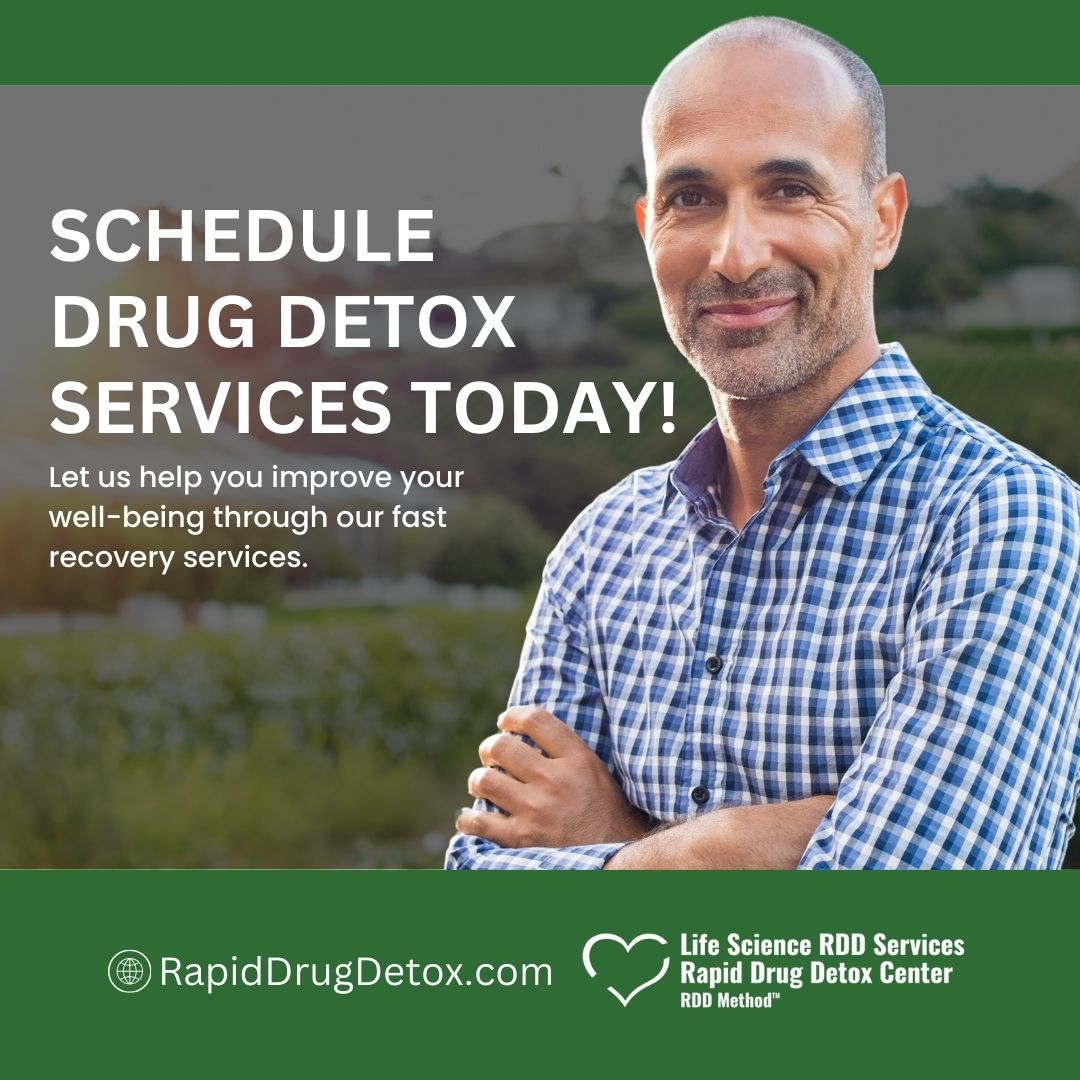Understanding and Responding to Opiate Overdoses: The Importance of Speed in Emergency Situations
Opiate overdoses are a critical public health issue that can lead to severe health crises and even death. When someone overdoses on opiates—such as opium, OxyContin, heroin, morphine, Suboxone, Methadone, or codeine—quick response is crucial. The speed of intervention often matters more than the specific substance involved because the longer the delay, the more the body absorbs the drug, increasing the risk of serious damage or fatality.

Recognizing the Symptoms of Opiate Overdose
Symptoms of an opiate overdose vary widely but may include:
- Unconsciousness or coma
- Seizures
- Confusion or disorientation
- Drowsiness, fainting, or dizziness
- Uncoordinated movements
- Slow pulse
- Vomiting
- Muscular relaxation
- Atypical behavior such as appearing drunk or psychotic
- Breathing difficulties, including shallow breathing or respiratory arrest
- Slurred speech
- Unusually high or low body temperature
- Pupils that are enlarged or constricted
- Reddish face with heavy sweating
- Delusions or hallucinations
- Cool, clammy, pale skin
Immediate Steps to Take in an Opiate Overdose
- Call 911 Immediately: Immediate medical intervention is critical.
- Check and Support Vital Signs: If the victim is unconscious and not breathing, begin CPR immediately. Check airways to remove any obstructions like pills or vomit.
- Position Safely: If the person is unconscious but stable, place them in the recovery position—lying on their side to ensure an open airway and to prevent choking.
- Preserve Evidence: Collect any pills, syringes, or drug paraphernalia near the person to give to the emergency responders. If possible, save a sample of vomit for analysis.
- Monitor and Communicate: If the individual is conscious, ask about what they took, how much, and when. Keep them awake and alert if possible. This information can be crucial for medical staff upon their arrival.
What Not to Do
- Do Not Induce Vomiting: Only do this if explicitly instructed by a healthcare professional.
- Do Not Give Food or Drink: Unless directed by a medical professional.
- Never Leave Them Alone: Continuous monitoring is essential until help arrives.
In every case of suspected opiate overdose, the key is to act swiftly and effectively. While you wait for medical help, your actions can make a significant difference in the outcome. Awareness and preparedness can save lives, emphasizing the need for public education on recognizing and responding to drug overdoses effectively.


